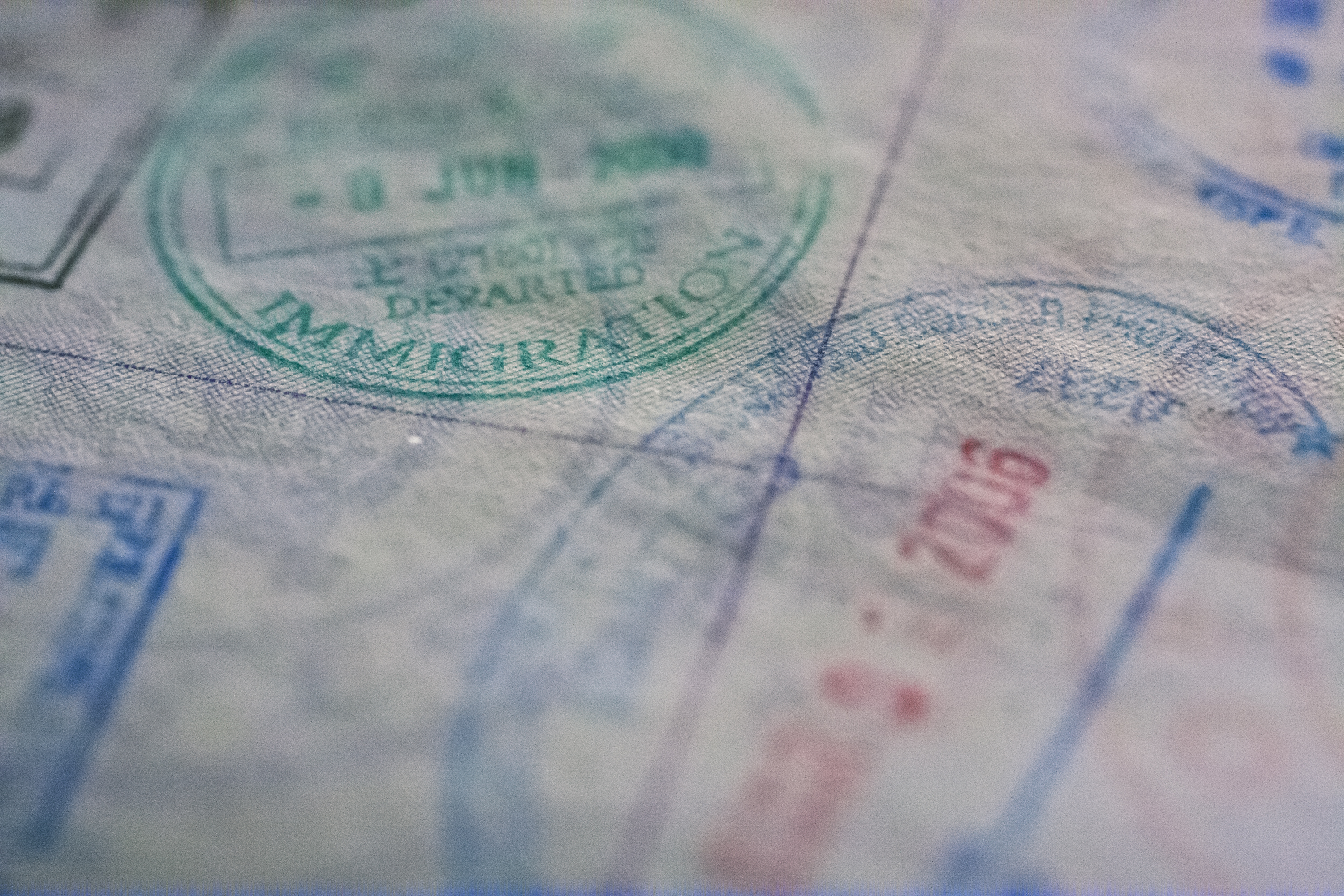
On December 16, 2025, President Trump issued a Proclamation revising and expanding the June 2025 travel ban (Proclamation 10949) that fully or partially restricted nationals of 19 countries from entering the United States. The new Proclamation is effective January 1, 2026.
The new Proclamation fully restricts the entry of nationals from 19 counties: Afghanistan, Burkina Faso, Burma, Chad, Republic of the Congo, Equatorial Guinea, Eritrea, Haiti, Iran, Laos, Libya, Mali, Niger, Sierra Leone, Somalia, South Sudan, Sudan, Syria, and Yemen. The Proclamation also fully restricts entry of individuals using Palestinian Authority travel documents. The full suspension applies to immigrants and most nonimmigrant categories.
Nationals from an additional 19 countries will be partially restricted from entering the United States: Angola, Antigua and Barbuda, Benin, Burundi, Cote d ‘Ivoire, Cuba, Dominica, Gabon, The Gambia, Malawi, Mauritania, Nigeria, Senegal, Tanzania, Togo, Tonga, Venezuela, Zambia, and Zimbabwe. The partial suspension applies to immigrants and nonimmigrants in B-1, B-2, B-1/B-2, F, J, and M status. Immigrants from Turkmenistan are also restricted, though previous nonimmigrant restrictions are lifted.
The Proclamation applies to individuals who are outside of the United States and do not have a valid visa as of January 1, 2026. Exceptions to the policy include lawful permanent residents (green card holders), dual nationals traveling on a passport from a non-restricted country, and certain diplomatic nonimmigrant categories, among others. The government may also grant exceptions for persons whose travel to the United State would serve a national interest.






